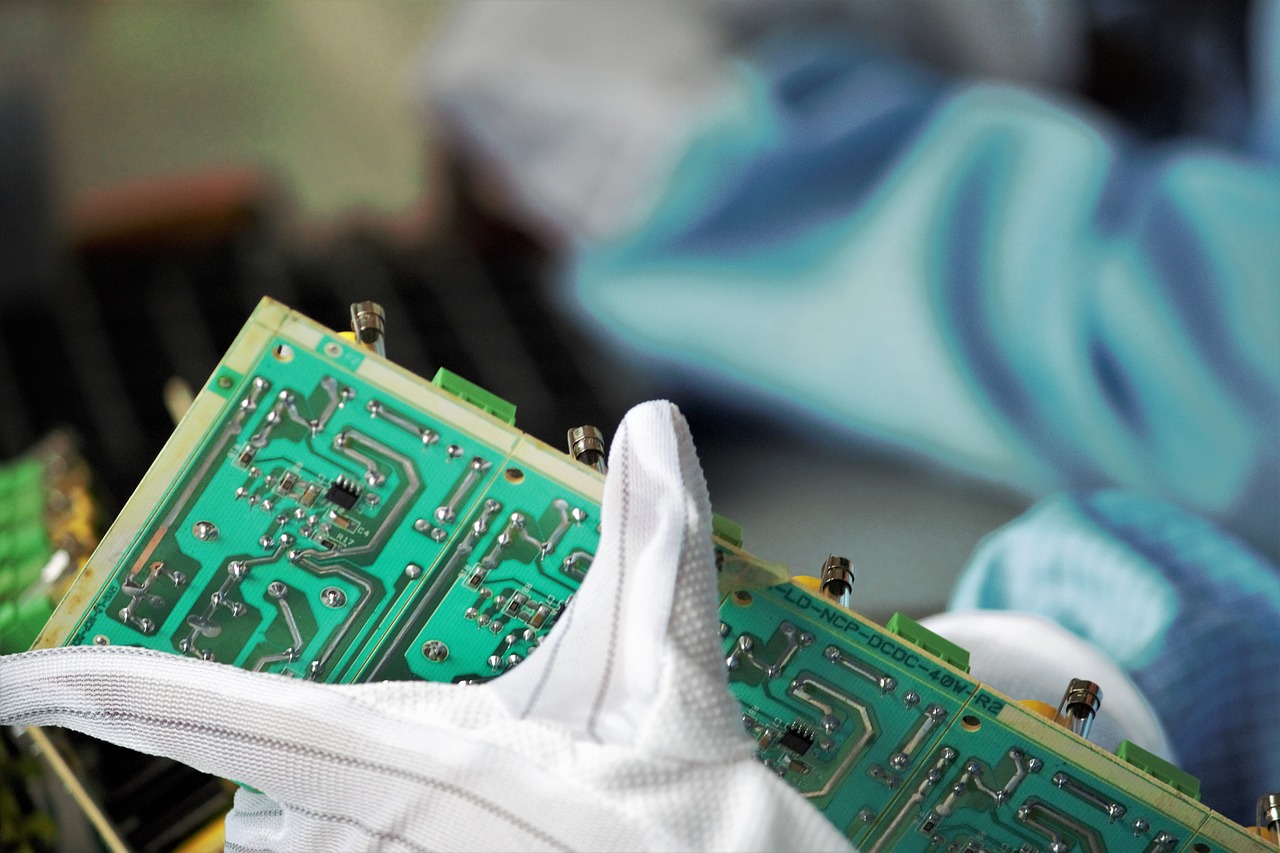
The shares of Semiconductor Manufacturing International Corp. (SMIC) fell by almost 23% in Hong Kong due to a possible US sanction on exports to the firm.
SMIC shares dramatically decline following news that the US Department of Defense and other agencies are considering a sanction on exports to the Chinese chipmaker. The decline resulted to a loss of 31 billion Hong Kong dollars from its market value.
Possible export ban to SMIC
According to a Reuters report, SMIC, the biggest semiconductor manufacturer in China, is currently being scrutinized for its relationship with the Chinese military.
The firm could be added to a list of companies the US government considers to be a threat to American interests. Firms included in the list would find it difficult to purchase vital technology because US firms are banned from selling to them without first obtaining a license to do so.
Last year, Chinese tech firm Huawei was added to the list, resulting to challenges to its global business.
In response to the report, SMIC said it was "in complete shock" and emphasized that it "manufactures semiconductors and provides services solely for civilian and commercial end-users and end-uses."
"We have no relationship with the Chinese military," the firm argued.
SMIC also mentioned that it is "open to sincere and transparent communication" with US government agencies "in hope of resolving potential misunderstandings."
US-China tech war
The possible addition of SMIC to the list is the latest among the US governments move in its technology battle with China.
Last month, US President Donald Trump issued executive orders that would ban TikTok and WeChat in the US in 45 days if not sold by their Chinese-owned parent companies.
The TikTok order states that after 45 days, “any transaction by any person, or with respect to any property, subject to the jurisdiction of the United States, with ByteDance Ltd.,” will be prohibited.
The order also makes the accusation that the social media platform “automatically captures vast swaths of information from its users,” such as location data and browsing and search histories, which “threatens to allow the Chinese Communist Party access to Americans’ personal and proprietary information — potentially allowing China to track the locations of Federal employees and contractors, build dossiers of personal information for blackmail, and conduct corporate espionage.”
Meanwhile, the executive order issued for Tencent-owned WeChat, which allows its users to transfer funds to each other, states that financial transactions with Tencent will be banned.
Paul Triolo, head of geotechnology at Eurasia Group, pointed out that blacklisting SMIC would create "significant new barriers to China's semiconductor development." He mentioned that China has allotted over $200 billion to boost its chip manufacturing industry.
However, Triolo said: "Yet it has so far achieved limited results" and that SMIC "remains three to five years behind industry leaders Intel, Samsung, and TSMC."
On the other hand, he argued that restrictions against Chinese companies often end up affecting US firms too due to the global supply chain of semiconductors.
Triolo explained that sanctioning SMIC would also "further undercut the revenue of US semiconductor manufacturing equipment companies that supply Chinese manufacturers, sapping the funds available to be reinvested into the [research and development] necessary to develop subsequent generations of semiconductors and related manufacturing equipment."






